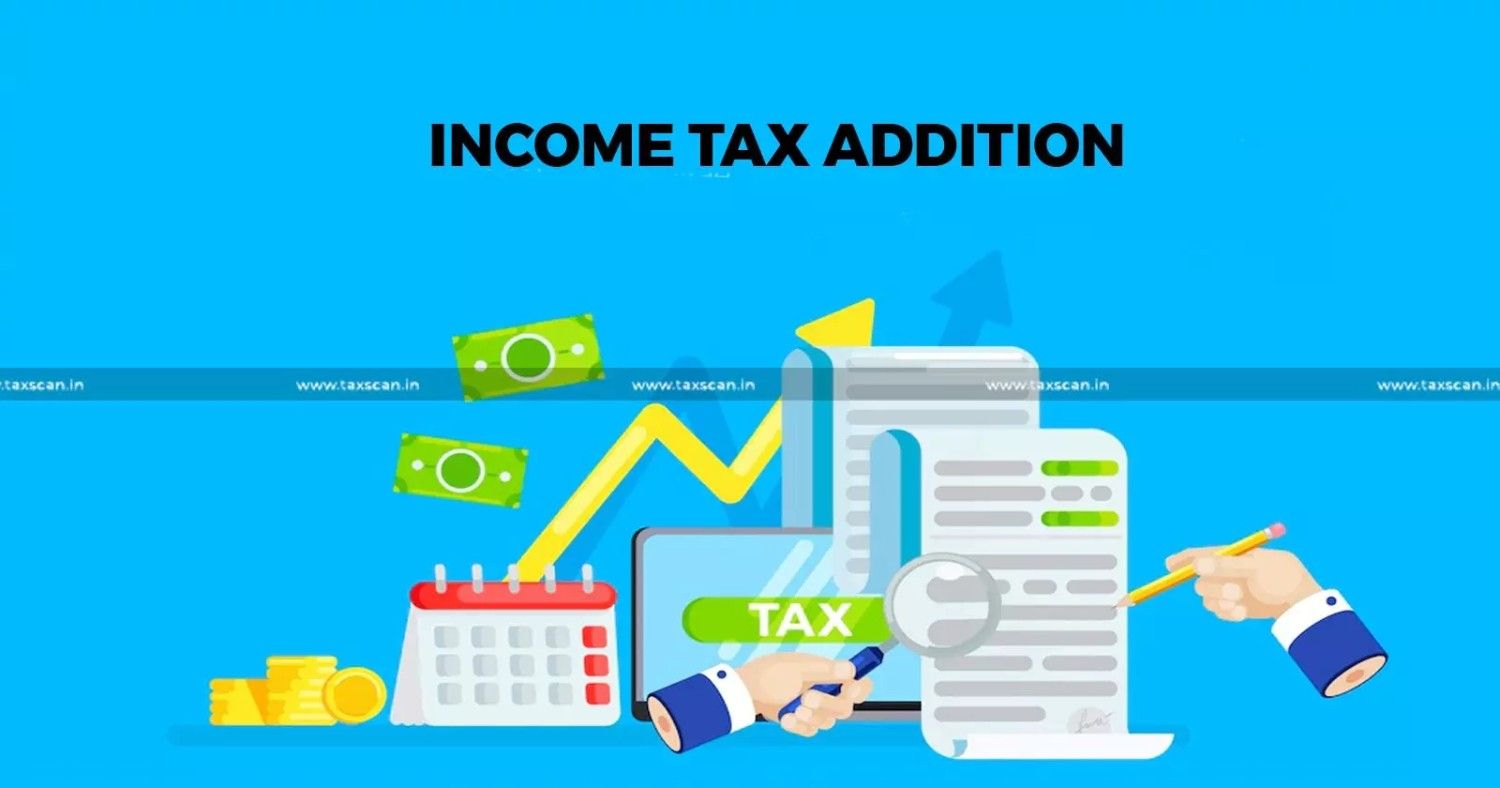ITAT Allows Canon India Full Foreign Tax Credit for Taxes Paid in Japan Despite Nil Indian Tax Liability [Read Order]
ITAT held that Canon India is entitled to full foreign tax credit for taxes paid in Japan even though no tax was payable in India due to Section 10A and losses
![ITAT Allows Canon India Full Foreign Tax Credit for Taxes Paid in Japan Despite Nil Indian Tax Liability [Read Order] ITAT Allows Canon India Full Foreign Tax Credit for Taxes Paid in Japan Despite Nil Indian Tax Liability [Read Order]](https://images.taxscan.in/h-upload/2025/11/14/2105215-itat-canon-india-foreign-tax-credit-japan-despite-nil-indian-tax-liability-taxscan.webp)
The Delhi Bench of the Income Tax Appellate Tribunal ( ITAT ) ruled that Canon India Pvt. Ltd. is entitled to full foreign tax credit for taxes paid in Japan, even though its tax liability in India was nil due to Section 10A deduction and brought-forward losses
Canon India, the assessee engaged in trading and distribution of imaging and optical products, had paid Rs. 20.39 crore as withholding tax in Japan on income earned during AY 2003-04.
In India, the company filed its return declaring a loss and later claimed foreign tax credit under Section 90 of the Income Tax Act read with Article 23 of the India-Japan DTAA.
The Assessing Officer denied the credit on the ground that no tax was payable in India in that year. The DRP also did not adjudicate the issue. Aggrieved, Canon approached the ITAT.
The assessee’s counsel argued that foreign tax credit must be allowed even when income is exempt under Section 10A or set off against losses, relying on the Tribunal’s order in Canon’s own case for AY 2004-05 and the Karnataka High Court’s ruling in Wipro Ltd.
Comprehensive Guide of Law and Procedure for Filing of Income Tax Appeals, Click Here
 Also Read:Sole Beneficiary Status of Assessee Ignored: ITAT Upholds 54F/54EC Exemptions and Full LTCG [Read Order]
Also Read:Sole Beneficiary Status of Assessee Ignored: ITAT Upholds 54F/54EC Exemptions and Full LTCG [Read Order]
They submitted that FTC is linked to taxability under Sections 4 and 5, not the final tax payable after deductions, and that the Revenue’s reliance on the Mumbai ITAT ruling in Bank of India was misplaced since it dealt with different facts.
The revenue argued that FTC is a credit mechanism and cannot operate as a refund mechanism. It submitted that Article 23 of the DTAA caps the credit to the amount of tax payable in India on the same income, and where no tax is payable, the allowable credit is nil. The department further argued that allowing FTC in a nil-tax situation would result in India subsidising foreign treasuries, which is not permitted under law.
The bench comprising Challa Nagendra Prasad (Judicial Member) and Naveen Chandra (Accountant Member) observed that the Delhi High Court in HCL Comnet has already endorsed the Karnataka High Court’s view in Wipro Ltd., which held that FTC is available even when the corresponding income becomes non-taxable in India because of Section 10A or losses.
 Also Read:Testing Equipment Not a Taxable Benefit u/s 28(iv): ITAT Deletes ₹7.73 Cr Addition Against AMD India [Read Order]
Also Read:Testing Equipment Not a Taxable Benefit u/s 28(iv): ITAT Deletes ₹7.73 Cr Addition Against AMD India [Read Order]
The tribunal explained that once a jurisdictional High Court decision settles the issue, it must be followed. It pointed out that the Revenue’s arguments based on the Bank of India cannot override binding precedent.
The tribunal further observed that Canon’s claim for interest under Section 244A, raised through a cross-objection for AY 2005-06, could not be allowed. It explained that interest is payable only when excess tax has been paid into the Indian treasury, and since the assessee had merely set off its MAT liability with foreign tax credit and had not paid any excess Indian tax, no interest could be granted.
The tribunal allowed Canon India’s appeal for AY 2003-04, dismissed the Revenue’s appeal for AY 2005-06, and dismissed the assessee’s cross-objection seeking interest.
Support our journalism by subscribing to Taxscan premium. Follow us on Telegram for quick updates


